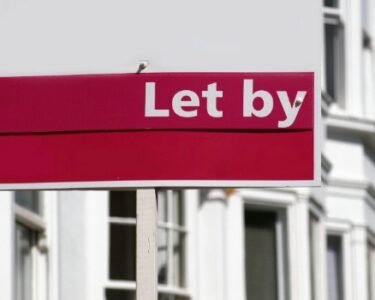Holiday lets have certain tax advantages compared to buy to let properties, his is mainly because they are classed by HMRC as businesses rather than investments. However, many of these benefits are set to disappear in 2025.
Holiday let properties must be available to rent for a minimum of 140 days a year and rented out for 70 days in order to qualify for business rates, which means they don’t have to pay second home council tax.
If you let out a holiday home under an Airbnb arrangement, you should be entitled to the property allowance which exempts you from income tax for up to £1,000 of rental income a year. If your gross annual property income is £1,000 or less, it is not taxable and it doesn’t need to be reported to the taxman.
There are also currently special tax benefits for properties that qualify as furnished holiday lettings (FHLs). At the moment, the main benefits of a property being considered a furnished holiday let are:
- If you have a mortgage on your holiday home, you can deduct your interest payments from your rental income before your tax bill is calculated. You can also claim capital allowances for wear and tear on the property.
- You can also deduct business operating costs, such as marketing the property, and the price of furniture and other items bought to make the property more appealing to guests, as long as these relate solely to your business.
- If you decide to sell your holiday let, you’ll be able to claim relief on the Capital Gains Tax (CGT) you pay on sale. ‘Business asset disposal relief’ means that you will only pay 10% tax on the sale, and you may be able to delay paying the tax if you use the profits to buy a new holiday home.
However, bear in mind that FHL tax benefits are set to be scrapped in April 2025, so if you have not yet invested in a holiday let, you won’t have much time to take advantage of these benefits before they disappear.
At the moment, to be considered a furnished holiday let and be eligible for tax reliefs on rental income, your UK holiday let must meet certain criteria. These include:
- The property must be available for let for at least 210 days of the year
- The property must be fully furnished
- The property must be let on a commercial basis (so not to friends or family for free) for at least 105 days of the year
- Lets of more than 31 days don’t qualify. If your total of all lettings over 31 days exceed more than 155 days in a year, your property won’t qualify.
However, these Furnished Holiday Let tax benefits are set to be scrapped in April 2025, so if you have not yet invested in a holiday let, you won’t have much time to take advantage before they disappear.
Tax rules can be complicated, so it’s essential to seek professional tax advice if you want to be certain which reliefs and allowances you’re entitled to.
Paul Falvey, tax partner at BDO said: “While owners of furnished holiday lettings are set to lose some significant tax benefits from April 2025, those who choose to sell their property after 6 April 2024 will be able to benefit from the reduction in the higher rate of CGT for residential property gains which is due to drop from 28% to 24%.
“These tax changes make it less attractive to own holiday lets and more attractive to sell them. The chancellor is clearly hoping that this will lead to significant numbers of property owners putting their holiday homes on the market in the 2024/25 tax year.
“Whether this does lead to a significant increase in the availability of rural homes to buy or longer term residential lettings remains to be seen.”




